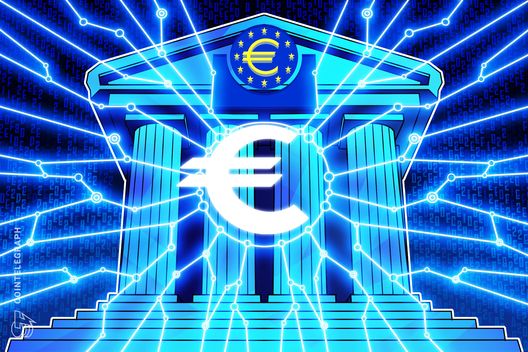
The European Central Bank (ECB) recently announced significant progress in the development of a digital euro, revealing that it has entered into agreements with seven entities responsible for various components of the project. These agreements mark a crucial step forward in the ECB's efforts to create a central bank digital currency (CBDC) that could potentially revolutionize the way Europeans make payments and store value.
The ECB clarified that these agreements do not involve any financial transactions at this stage, emphasizing that the focus is on laying the groundwork for the digital euro's technical infrastructure. This includes systems for issuance, circulation, and redemption of the digital currency, as well as ensuring compliance with regulatory requirements and data protection standards.
While the digital euro is still in the development phase, the ECB's target timeline suggests that it could be launched as early as 2029. This ambitious goal underscores the ECB's commitment to staying at the forefront of central bank digital currency initiatives globally. The digital euro is expected to offer numerous benefits, including increased financial inclusion, efficiency in payments, and enhanced security and privacy for users.
The ECB's move towards a digital euro comes in response to the growing demand for digital payment solutions and the rise of cryptocurrencies and stablecoins. By introducing a CBDC, the ECB aims to provide a safe and reliable digital alternative to cash, ensuring that citizens have access to a digital form of central bank money issued by a trusted authority.
The development of the digital euro also raises important questions about the future of money and the role of central banks in a digital economy. As more countries explore the possibility of issuing their own digital currencies, the ECB's efforts to create a digital euro could set a precedent for other central banks looking to modernize their payment systems and adapt to the digital age.
In addition to the technical aspects of the digital euro, the ECB is also considering the potential implications for monetary policy, financial stability, and the overall functioning of the euro area. As the project progresses, the ECB will continue to engage with stakeholders, including policymakers, financial institutions, and the public, to ensure a smooth and successful implementation of the digital euro.
Overall, the agreements reached with the seven entities represent a significant milestone in the ECB's journey towards a digital euro. As the project moves forward, the ECB's focus will be on continued collaboration, innovation, and transparency to bring the digital euro to fruition and meet the evolving needs of a digital economy.

Leave a Reply